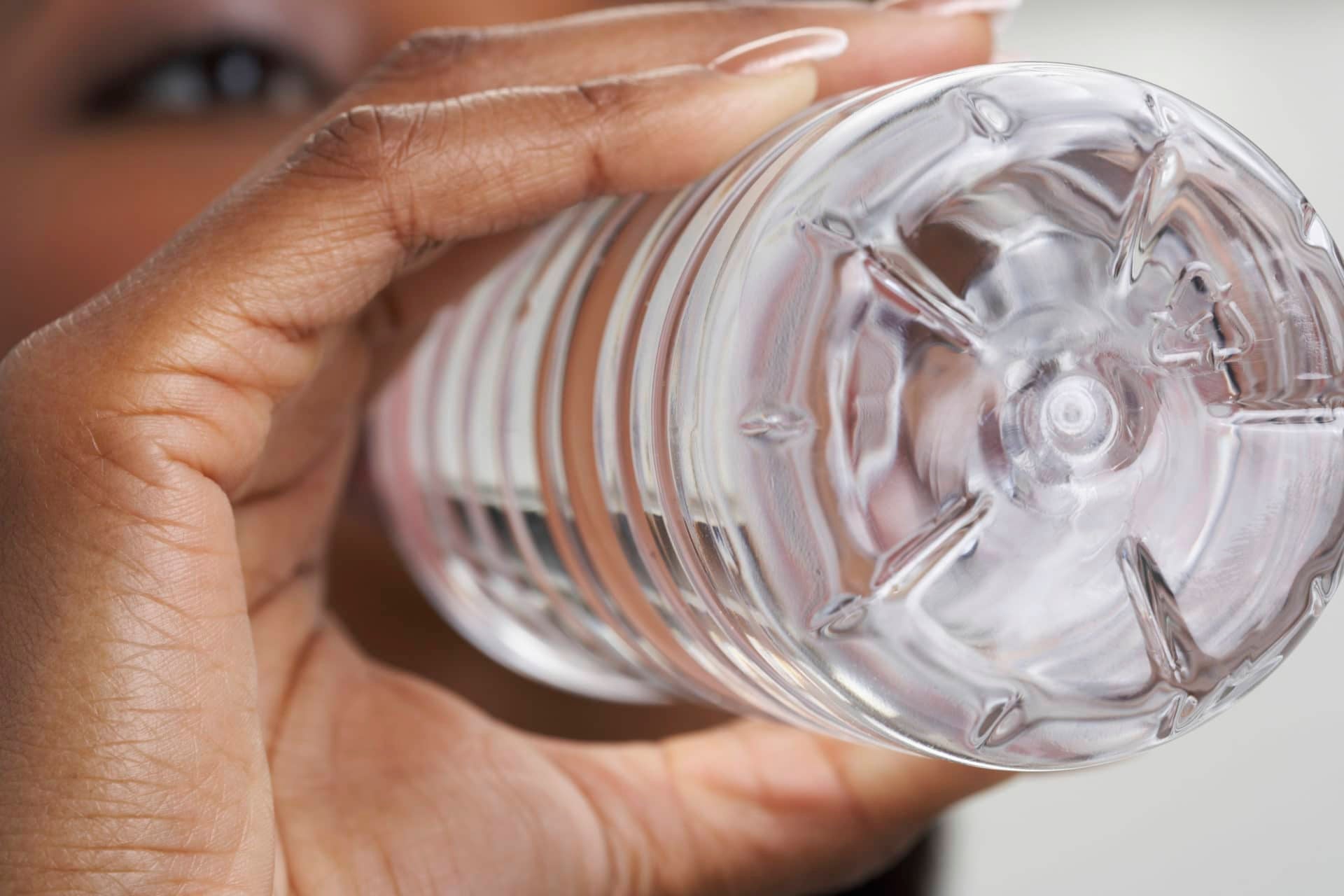
Getting your Trinity Audio player ready…
“The parallels to Flint are fairly clear: The city was denying a problem even though its own data was showing problems,” Erik Olson, Senior Director at the Natural Resources Defense Council, told the Times. “Newark is not as extreme as Flint but still a serious problem.”
Over the summer, the Natural Resources Defense Council filed a lawsuit against the city, alleging that the city violated federal safe drinking water laws. Still, Mayor Ras Baraka has defended how officials have handled the water issue, saying that it is more an issue with the city’s infrastructure. “When you make a statement that the drinking water is not safe, it is yelling fire in a crowded room,” he said at a news conference. “In fact, Newark has some of the best drinking water. The problem is that our infrastructure is not safe.” Since the problems were uncovered, the city is now changing the way it treats water at that one plant, and is also launching a program to replace old lead pipes. But even after announcing the filter give away, some officials continue to brush over the problem.“The city’s water coming out of the reservoir is safe,” said Kareem Adeem, the assistant director of Newark’s Department of Water and Sewer Utilities. “The city’s water leaving the treatment plant is safe; the city’s water entering the city’s distribution system, the city’s water main, is safe. The only problem is when the city’s water enters into those lead lines.”
Exposure to led is not safe for children, and can result in mental and physical impairment. In adults, exposure can lead to a slew of health issues and complications.